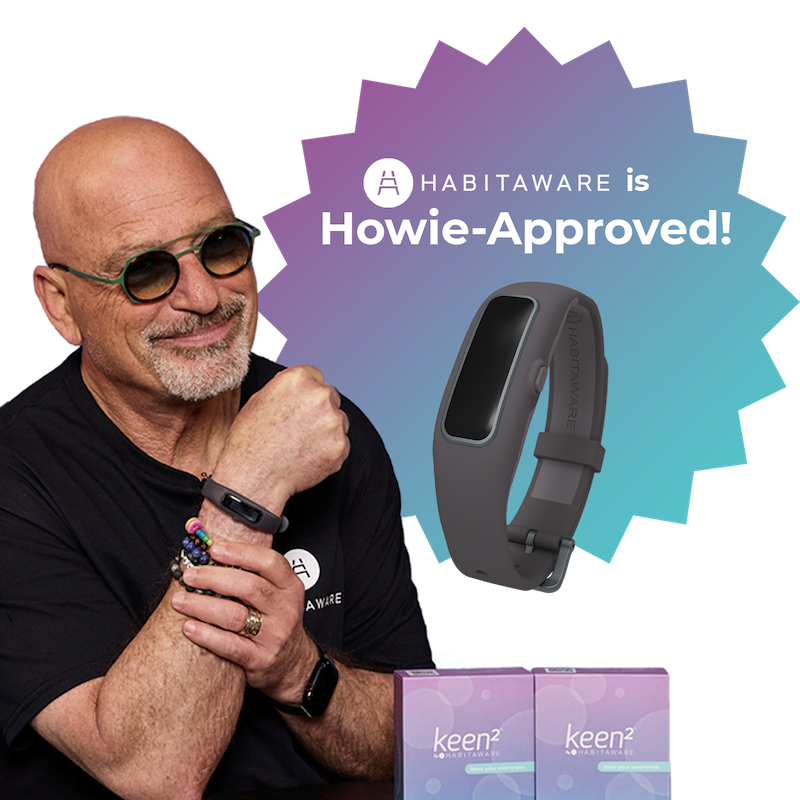How social media rewards beauty
We are 100% dependent on social media. Yes, you can put your phone down and take a break, but social media is usually our prime source of information: world news, updates from friends and family, and suggestions on what to read and watch. And it’s great! Social media has encouraged individuals and communities to find each other, and be heard. We learn so much from each other everyday.
But at what price? Being constantly linked into social media, we have the ability to compose and edit not just the parts of ourselves that we want to share, and edit how we look.
It’s the place where trends are born and shared, usually by people who fit today’s beauty standards. In a lot of ways, these influencers tell us what to wear, what to buy, and how to look. Even if you as an individual don’t feel affected by this, on a cultural scale, it’s our new norm.
Filtering out my flaws
Filters are more accessible than ever. Instagram and TikTok make it so easy to just slap a new face over our real face, in real time, hiding our imperfections and exaggerating the features that these companies have deemed necessary for “perfect” faces.
Even on Zoom, you can filter to erase your skin imperfections automatically.

Here are four photos of me taken on my phone. The left one is on my basic camera app, the three on the right use “trending” TikTok filters. I automatically get “made up,” and any splotchy areas on my skin are smoothed over.
I see myself like this and think, “wow, I really do look better like this, maybe I should get into a routine of putting on makeup.”
But first off… it’s not even makeup - it’s photoshop! I couldn’t achieve these results even if I was a makeup artist. These filters are pinching and pulling parts of my face to make my eyes bigger and my chin smaller. I found that these filters that edit more than just your skin, are designed to make you look younger and more feminine.
Secondly, I don’t want to get into the habit of wearing makeup. Wearing makeup regularly causes me to break out, especially if I don’t wash off every bit. Staring so closely at myself in the mirror like that, I usually find a spot or two that I want to pick at.
Filters and our BFRBs
While the ritual of wearing make up increases my risk of picking my skin, filters also directly trigger my Body Focused Repetitive Behavior (BFRB) of compulsive skin picking. It bugs me when I leave a Zoom meeting, and then later realize my skin is NOT as clear as it is in my webcam. I suddenly see a face full of blemishes, and it stays on my mind as I go back to work, and well, you know the rest.
It’s a way for negativity to steep into my thoughts. I sometimes think, “ugh, I wish I looked like what Zoom made me look like.” I shouldn’t need to look at myself through a filter to feel good about how I look. When this thought pattern emerges, I carry negative energy with me all day. I get restless, and when I feel restless, my hands become restless, and I pick my skin.
Zoom and Social Media filters a standard of beauty that makes living with our BFRBs feel impossible. They smooth our skin, and some even thicken our hair.
For women, our beauty is defined by our hair, skin, and nails. This might be one of the reasons why BFRBs are more diagnosed in women. We see these “perfected” images of ourselves, and know that we’re at a disadvantage to achieve this because of a chronic behavioral condition. It’s heartbreaking!
I’m sure that many men feel the same way. Smooth, blemish-free skin is a beauty standard for everyone, so is a full head of hair. A man might not receive a ton of questions if they shave their head, but going bald is still stigmatized and I see men being celebrated for full hair, especially in Hollywood.
We are all subjected to extremely harsh beauty standards. I’d argue that they’re harsher than ever due to the “perfection” created via social media filters.
So it doesn’t help that hair pulling (trichotillomania) , skin picking (dermatillomania), and nail biting are all such causes of shame for the people who suffer with these BFRBs. Social media fuels and feeds that shame. We really have to look within ourselves to be able to resist the temptation that these apps lay out so nicely for us.
As beauty industry expert and journalist Jessica Defino shares, “appearance-related mental health struggles are not individual. They’re societal..” We’ve “been told that conforming to these beauty standards will increase (our) confidence when, in reality, beauty culture increases appearance-based anxiety, depression, dysmorphia, eating disorders, self-harm, and even suicide."
Social media and filters are so ingrained into our society, that we might not even blink at the implications of continually photoshopping images of ourselves for a platform where we can curate more than just how people see us but how they understand our lives. But we should blink! We should really ask ourselves, is this serving me well?
Strategies for a Healthier Social Media Experience:
- Unfollow any influencers that provoke that sense of jealousy in you.
- Follow people with hobbies or passions that you enjoy to encourage looking for self-worth in other areas.
- If you wear makeup, try for a day to just have fun with it, and not to make yourself look a certain way. See where the ride takes you!
- Reward others for posting photos of themselves that aren’t as “perfect” - leave a like and comment!
- Limit your time on social media. Set a timer and when it goes off, turn your phone off.
- Meditate on who your “authentic” self is, and who deserves to see it.
How does social media affect you? Do you feel the need to always keep a skin-correcting filter on? Feel free to email me at mari@habitaware.com with your thoughts!
If you’re having any trouble with your Keen or Keen2, we are really here for you! Please reach out to support@habitaware.com
Thanks for reading!
Mari & the HabitAware Team
![]()


